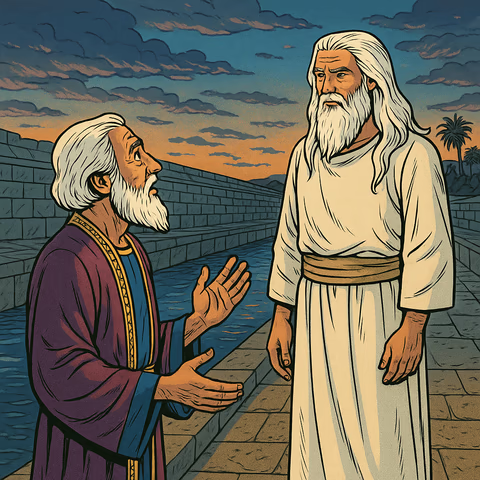
Differences in the Old Greek Version of Daniel (Chapter 10)
The Man in Linen
The chapter of the ‘Old Greek’ version of Daniel contains 21 verses. Of these, 12 have some differences.
Most of these are minor, but interesting, and don’t change the overall meaning. Most seem to be differences in translation choice.
There’s also a couple of unrelated copyist errors in the Old Greek, which could have occurred in any of the centuries after the Old Greek was translated, and are largely irrelevant to us.
A few differences are rather interesting.
The man in linen says he had to fight the ‘royal commander’ of Persia and will later fight the ‘royal commander’ of Greece. The Hebrew says ‘prince’ in these places instead of ‘royal commander’. However, this may not mean much. Often the commander of a kingdom’s army was the king’s son, and so the two terms may be interchangeable. The difference may just be in cultural terms and translator choice.
MichaEl is called ‘the messenger’ in the Old Greek, but ‘your prince’ in the Hebrew. This difference is interesting, because a messenger implies that MichaEl is just an angel, while the Hebrew version calls him a ‘prince’, which implies a higher rank.
Differences
10:1 (i)
The Old Greek says we are in the ‘first year’ of Cyrus. The Hebrew says we’re in the ‘third’ year of Cyrus.
The difference may be because Cyrus put Darius in charge of Babylon, and only later took over himself. It may suggest that Cyrus only took charge of Babylon three years after conquering it, in the meantime having Darius in place (until his death).
10:1 (ii)
The Old Greek just says that ‘strong’ ones will think about the ‘decree’ that’s about to be described. In contrast, the Hebrew says that the message is for a time in the future.
10:2-4
No important differences.
10:5
The Old Greek says that the man in linen also had a linen belt, and he was ‘glowing’ with light. However, the Hebrew says that his belt was made of ‘gold from Uphaz.’
This could be a translation choice, as the Greek translator’s audience may not have been familiar with ‘gold from Uphaz’. Perhaps he just removed the reference and replaced it with the ‘glowing’ with light.
10:6
In Greek, literally, the man’s ‘mouth was like the sea,’ which seems to be a combination of a scribal error with a translation choice.
First, we have a Greek copyist error:
- ΣΩ͂ΜΑ (soma) = body
- ΣΤΌΜΑ (stoma) = mouth
At some point down the centuries, body became mouth.
As for ‘like the sea,’ that’s probably because the Hebrew says it’s ‘like tarshish,’ which was an gemstone (beryl) that’s famous for its blue color (aquamarine). Our Greek translator very sensibly replaced ‘tarshish’ with ‘sea’, meaning the color.
See our translator note for more details. The rest of the verse is the same in both versions.
10:7-8
No important differences.
10:9
In the Greek, DaniEl couldn’t hear the man’s voice clearly because he was so overwhelmed. The Hebrew says that he did hear him speak and it seemed to make things worse.
This could just be a translation choice to make the account flow better. After all, this verse is partly visible in the Dead Sea Scrolls fragments of Daniel, and here it agrees with the Hebrew text we have today.
10:10
The Old Greek says that a hand touched DaniEl and helped him up onto his feet. The Hebrew says the hand touched him and made him ‘tremble’ on his hands and knees.
It’s hard to say which is original, but the Old Greek does make more sense.
10:11
The Old Greek says that DaniEl was ‘pitiful,’ or as we translate it, ‘a man to be shown compassion.’ The Hebrew says that he was ‘greatly beloved.’
This is likely a translation choice, as ‘greatly beloved’ appears in a Dead Sea Scrolls fragment of this verse.
10:12
The Old Greek grammar may indicate a circumlocution for God’s Name, but it may a grammar choice of the translator, as YHWH does not appear here in the Hebrew, and a Dead Sea Scrolls fragment doesn’t include it either, saying ‘before your God’.
10:13
The Old Greek calls the entity that resists the man in linen ‘Persia’s royal commander’ but the Hebrew calls him ‘the prince of Persia’ and then ‘the kings of Persia’. So the Old Greek is consistent here, and uses a clear military term (which could be translated as a general or commander) instead of ‘prince’ and ‘kings’.
Interestingly, part of this verse survived in a Dead Sea Scrolls fragment, and it says ‘princes’ (plural).
10:14-15
No important differences.
10:16
The Old Greek may have another copyist error here (apestraphē vs epestraphē), and there may be a literal translation of an older Hebrew idiom.
See our translator note for more details.
10:17-18
No important differences.
10:19
Yet again, the Old Greek calls DaniEl ‘pitiful,’ but we translate it to mean ‘should be shown compassion,’ but the Hebrew says ‘greatly beloved.’
Additionally, the Old Greek has the man in linen telling DaniEl, ‘Don’t be afraid, be strong in health, be courageous and strong’, but the Hebrew says, ‘May you have peace, be strong, yes be strong’. The rest of the verse is the same. A Dead Sea Scrolls fragment agrees with the Hebrew here.
So this difference is likely a translation choice.
10:20
The Old Greek here repeats saying that the man in linen will fight with ‘Persia’s royal commander,’ but again the Hebrew says ‘the prince of Persia.’ It gives exactly the same difference when mentioning ‘Greece’s commander’ vs ‘the Prince of Greece.’
10:21
The Old Greek calls MichaEl ‘the messenger’ but the Hebrew he is ‘your prince’. A Dead Sea Scrolls fragment agrees with the Hebrew here.
Contents
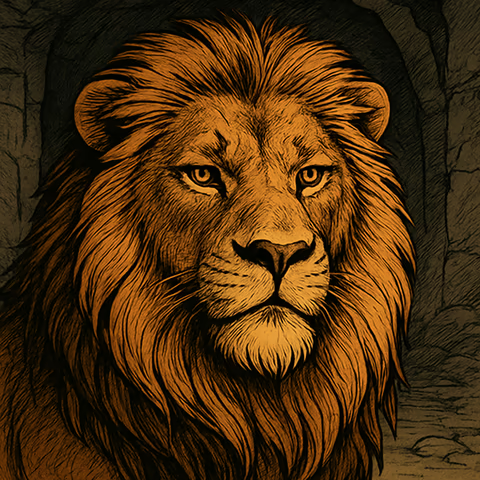 Introduction to
Introduction to
Differences in Daniel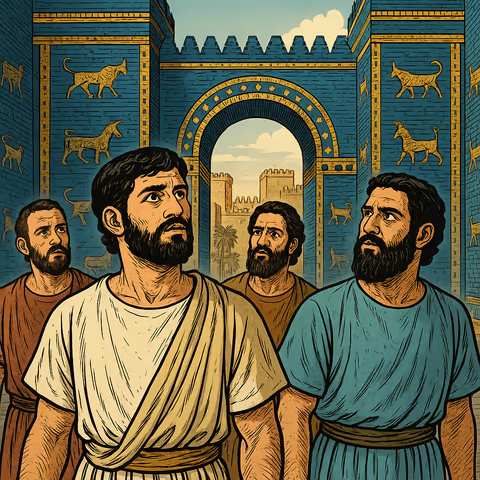 Differences
Differences
in Chapter One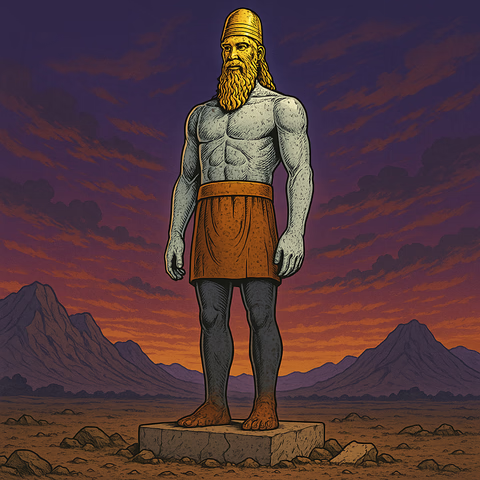 Differences
Differences
in Chapter Two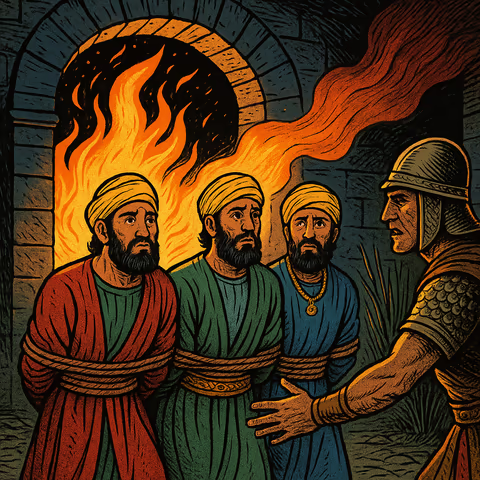 Differences in
Differences in
Chapter Three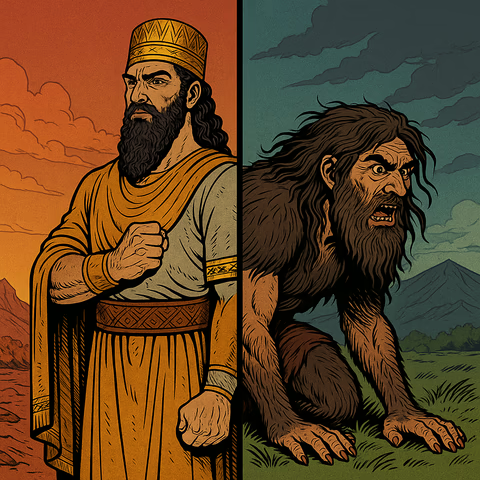 Differences
Differences
in Chapter Four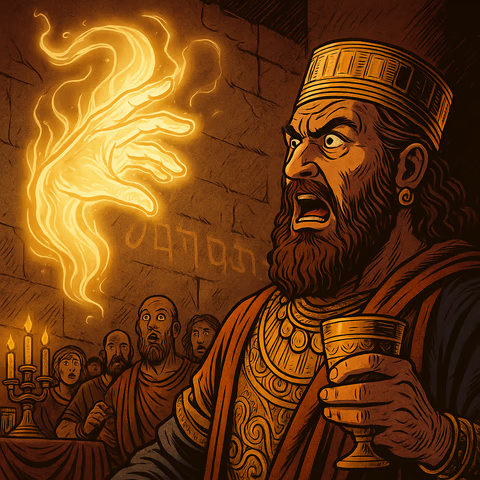 Differences
Differences
in Chapter Five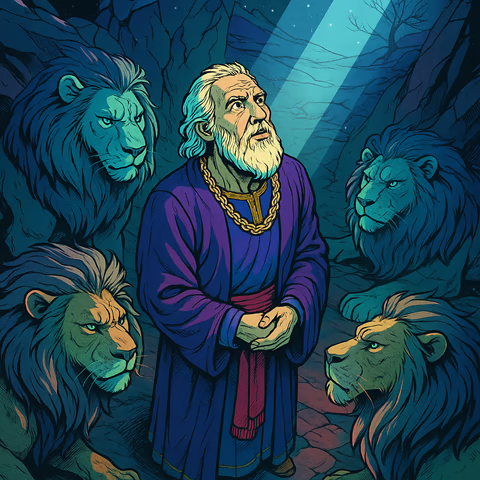 Differences
Differences
in Chapter Six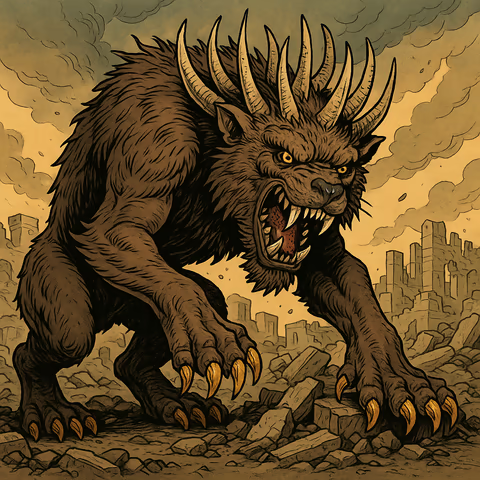 Differences in
Differences in
Chapter Seven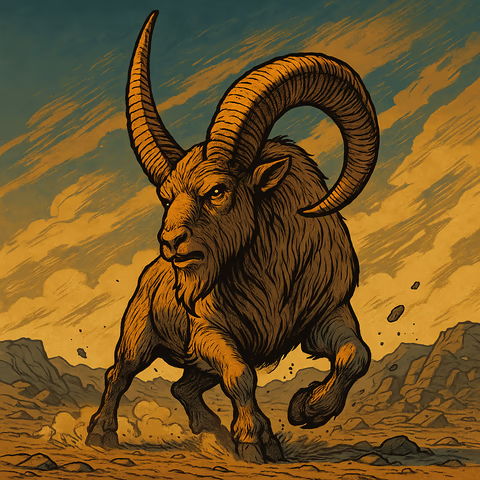 Differences in
Differences in
Chapter Eight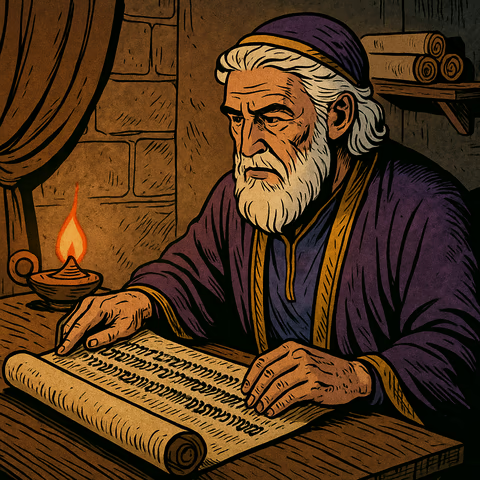 Differences
Differences
in Chapter Nine Differences in Chapter Ten
Differences in Chapter Ten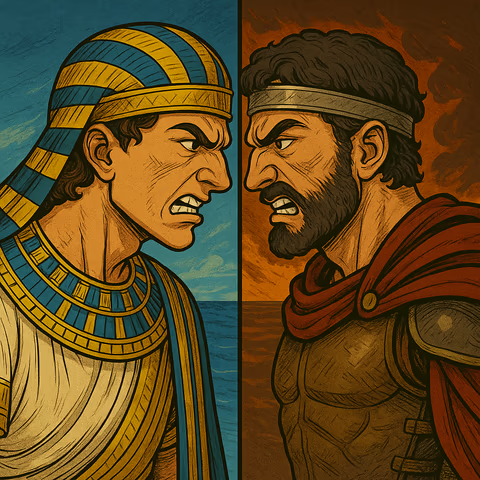 Differences in
Differences in
Chapter Eleven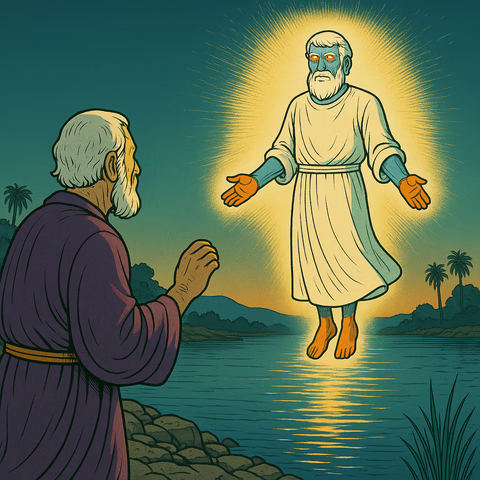 Differences in
Differences in
Chapter Twelve